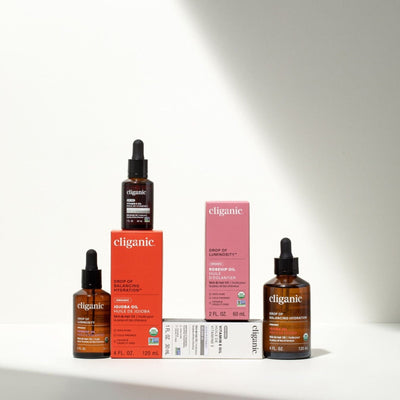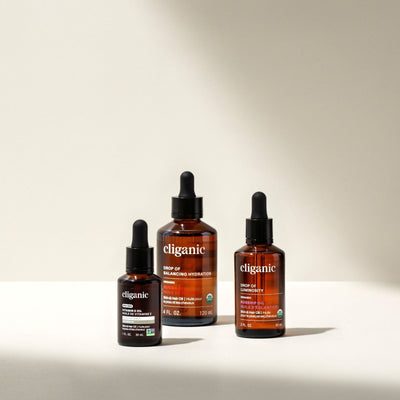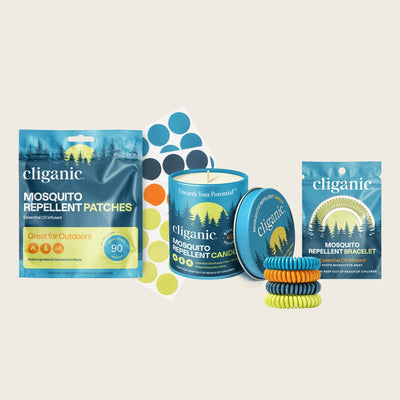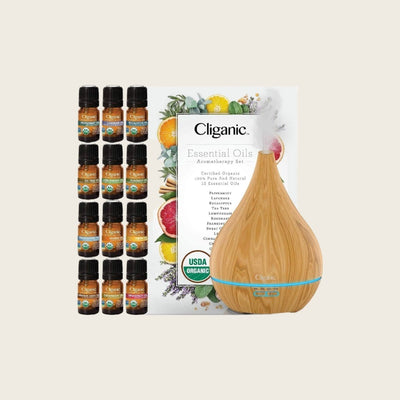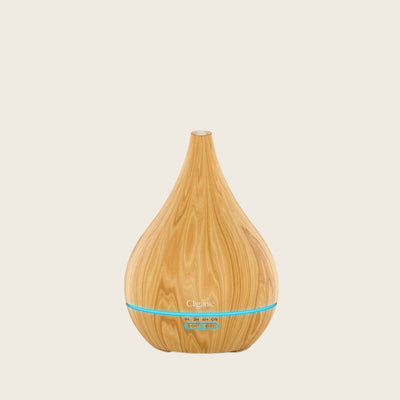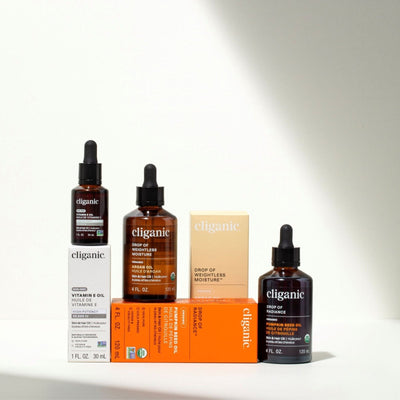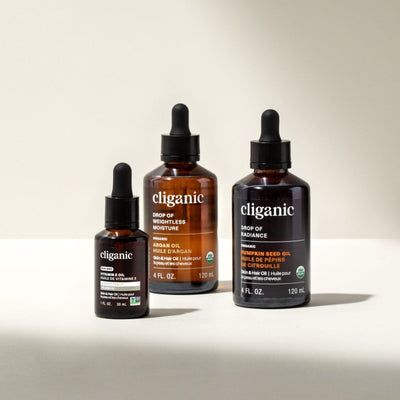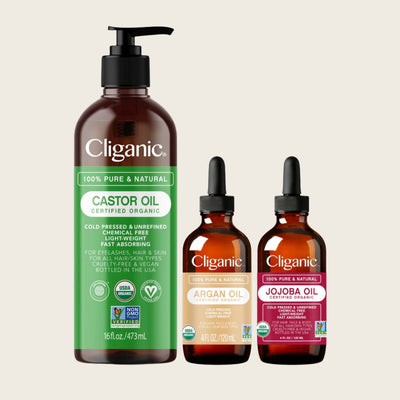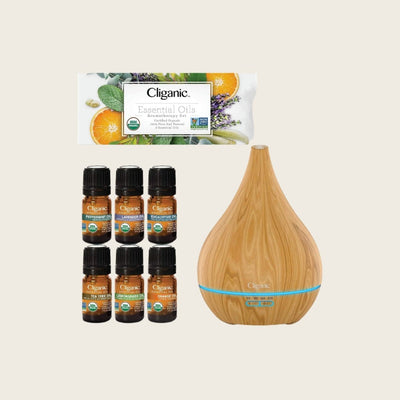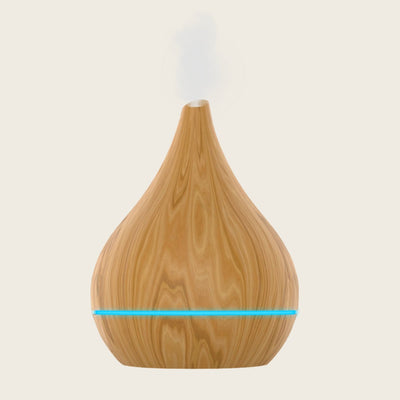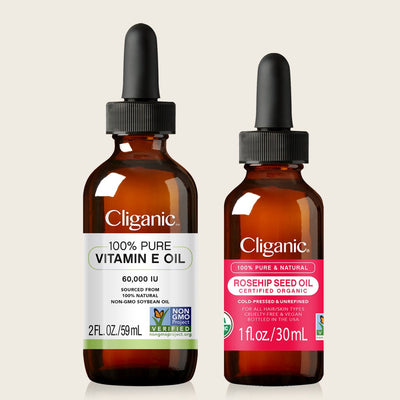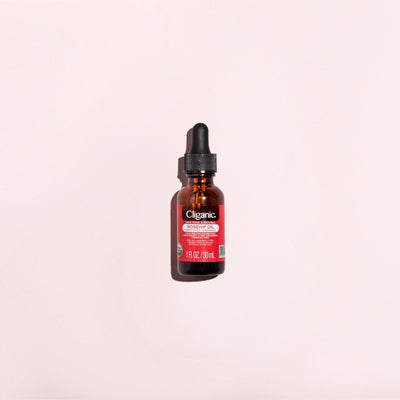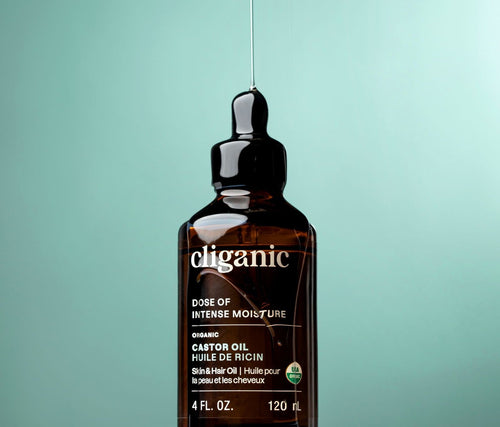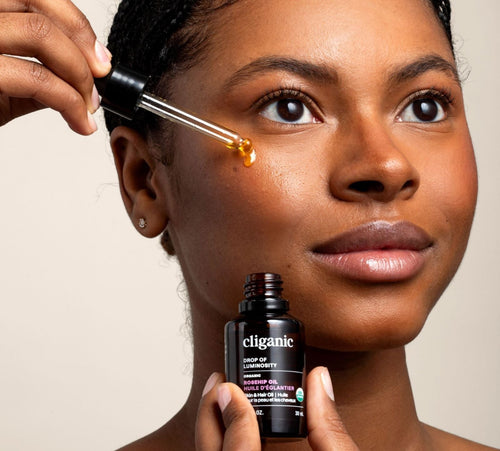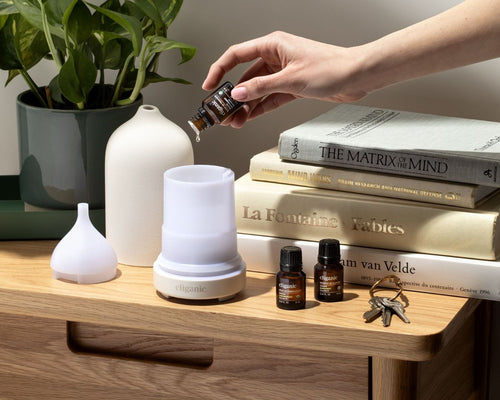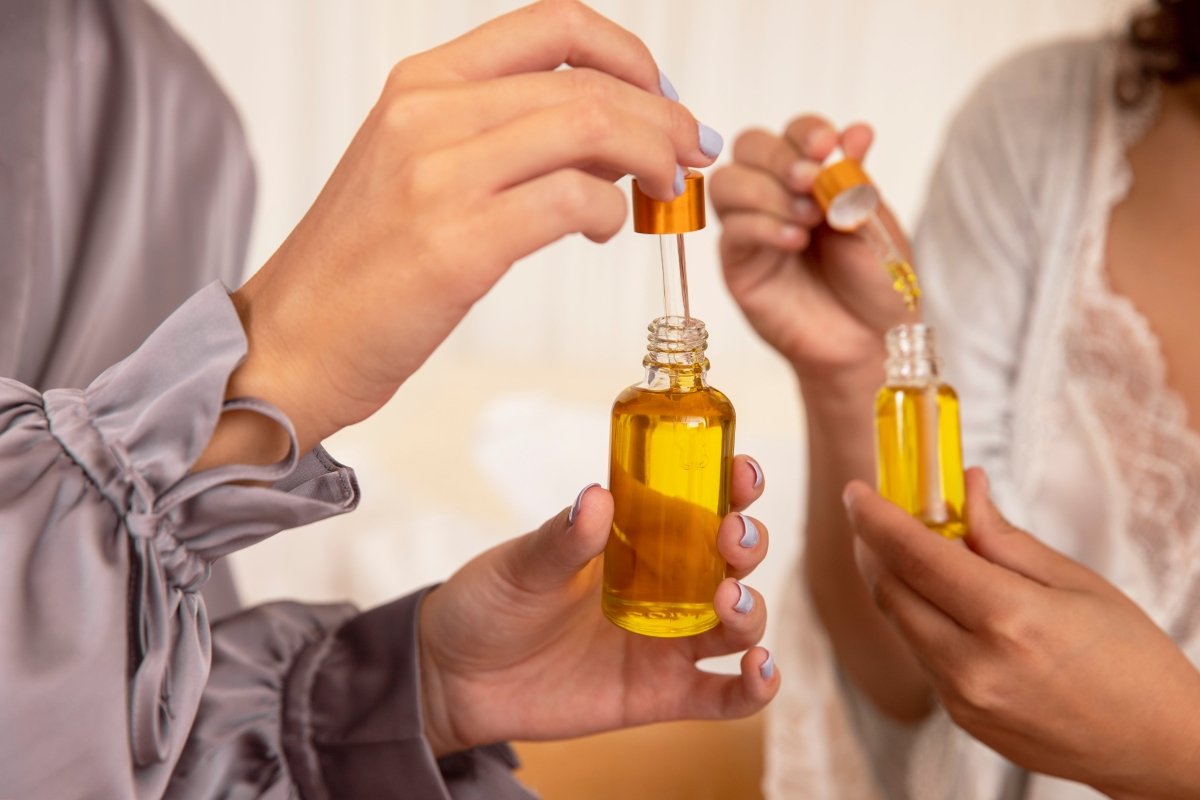
How to Use Essential Oils for Stress Management
Using Essential Oils for Stress Management
Stress is an increasingly common challenge in our modern lives. It can manifest itself in a variety of ways, from physical symptoms such as fatigue, headaches, and digestive issues to emotional symptoms such as sadness, irritability, and anxiety. Fortunately, there are natural solutions that can help manage stress and reduce its effects on the body. Essential oils are one such solution that have been used for centuries to treat ailments and improve overall well-being. In this article we will explore the various benefits of aromatherapy, the types of essential oils you can use for stress management, and simple ways you can incorporate them into your routine to achieve greater relaxation and peace of mind.Benefits of Using Essential Oils
Using essential oils for stress management has been gaining popularity in recent years, and with good reason. Essential oils can help ease a worried mind, as well as improve sleep quality which can be a result of chronic stress. They can also provide a sense of calm and clarity, aiding in decision-making during times of stress while helping to create a sense of inner peace.Research has shown that some essential oils can reduce cortisol levels, the primary hormone responsible for stress, leading to improved relaxation. Essential oils have also been linked to an increase in alpha brain wave activity, which is associated with deeper relaxation and greater mental clarity. They even have the potential to improve mood by increasing levels of serotonin – the “feel-good” chemical – in the brain. This is due to their ability to stimulate the olfactory system which is connected to areas of the brain responsible for emotion regulation. Thus, it is not surprising that people find relief from their daily stresses by using essential oils.

Best Essential Oils Used for Stress Management
Curious about which essential oils work best to ease tension? Here are some of the top options.
Lavender Essential Oil: Lavender is one of the most popular essential oils for stress relief due to its calming properties. Lavender essential oil comes from the flowers of the lavender plant which is native to the Mediterranean region. Research has shown that inhaling lavender oil can significantly reduce cortisol levels as well as lower anxiety levels. It can also help improve sleep quality by reducing restlessness and improving mood.
Rosemary Essential Oil: Another popular essential oil used for stress relief due to its calming properties is rosemary essential oil, which comes from the rosemary plant. Studies have shown that inhaling rosemary oil can significantly reduce anxiety as well as improve focus.
Orange Essential Oil: Orange essential oil has an uplifting citrusy scent and is derived from orange peels. Research suggests that inhaling orange essential oil can be beneficial for stress relief. In fact, one study showed that orange essential oil helped reduce cortisol levels and pulse rates in children during dental treatment.
Ylang-Ylang Essential Oil: Ylang-ylang has an exotic floral aroma and comes from the ylang-ylang plant which is primarily grown in Indonesia. Studies suggest that inhaling ylang-ylang may boost dopamine levels responsible for feelings of joy and pleasure, while simultaneously reducing levels of cortisol associated with feelings of anxiety.

Simple Ways to Incorporate Essential Oils into Your Routine to Relieve Stress
There are many ways to use essential oils to create a sense of calm and clarity. Here are some of the most popular.- Combine 3 to 4 drops of an essential oil like lavender or cedarwood and ½ teaspoon of honey and add the mixture to your bath water for a calming experience.
- Use an essential oil diffuser to create a relaxing atmosphere with different types of essential oils. Simply add 2-3 drops of an essential oil with water as directed.
- Mix 2 to 3 drops of an essential oil with ½ teaspoon of a carrier oil or lotion and massage it into your muscles to relieve tension.
- Create an uplifting room spray by combining 1 cup of distilled water and 5 drops of an essential oil in an atomizer bottle.
Special note: You can also mix different types of essential oils together depending on what type of effect you’re looking for – just make sure to start out with a small amount so you don’t overwhelm your senses. Additionally, it is important not to apply essential oils directly onto skin without diluting them first with either carrier oil or lotion as they can cause irritation. Lastly, you also should always diffuse essential oils in a well-ventilated area (away from kids and pets) and never leave your diffuser on for long periods of time.


